President-elect Donald Trump on Tuesday refused to rule out the use of military or economic measures to pursue the acquisition of the Panama Canal and Greenland, highlighting a broader expansionist agenda he has advocated since winning the Nov. 5 election.
Trump, set to take office on Jan. 20, also proposed the idea of incorporating Canada as a U.S. state, demanded significantly higher defense spending from NATO allies, and suggested renaming the Gulf of Mexico to the Gulf of America. With two weeks remaining before his inauguration, Trump has begun outlining an assertive foreign policy approach, showing little consideration for diplomatic protocols or the concerns of U.S. allies.
During a press conference at his Florida resort, Trump was asked whether he could assure the world that he would not resort to military or economic coercion in efforts to gain control of the Panama Canal and Greenland. He responded, "No, I can't assure you on either of those two. But I can say this: we need them for economic security."
Trump criticized U.S. spending on Canadian goods and military support for Canada, claiming the U.S. gains no benefits from such arrangements and referring to the border between the two nations as an "artificially drawn line."
He further suggested imposing tariffs on Denmark if it resisted his proposal to purchase Greenland, which he deemed crucial to U.S. national security. Shortly after Trump’s statements, his son Don Jr. arrived in Greenland for a private visit. Denmark has previously made it clear that Greenland, a self-governing territory within its kingdom, is not for sale.
"I don't think it's a good way forward to fight each other with financial means when we are close allies and partners," said Denmark's Prime Minister Mette Frederiksen on Tuesday evening in response to Trump's comments.

